 In earlier posts we have highlighted how to look for ‘trusted sources’.
In earlier posts we have highlighted how to look for ‘trusted sources’.
In this post we will focus a little more on bias, agenda and opinion and how it might influence the information provided and how it is provided by a source.
Check out these short clips from: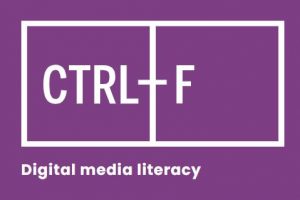
CTRL-F Digital Media Literacy-Verification skills course
• Skill: Advanced Wikipedia: Bias and Agenda
• Check the Claim with Jane Lytvynenko
You may also find the links below from University of Wisconsin and American Public University Library interesting and useful. They have lots of useful tips and hints for you to employ when doing your research
No post on bias, agenda and opinion should be without specific mention of what’s known as ‘Cognitive Bias’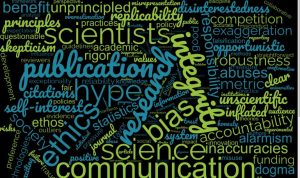
In the words of famous physicist Richard Feynman
“The first principle is that you must not fool yourself – and you are the easiest person to fool.”
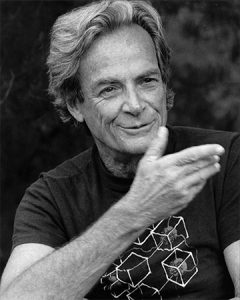 (As well as being a theoretical physicist Feynman was known for his engaging and entertaining lectures and he had a unique ability to communicate complex scientific ideas to a general audience making him one of the most popular and beloved science communicators of his time.)
(As well as being a theoretical physicist Feynman was known for his engaging and entertaining lectures and he had a unique ability to communicate complex scientific ideas to a general audience making him one of the most popular and beloved science communicators of his time.)
So, what is ‘Cognitive Bias’?
Psychologist Kia-Rai Prewitt, PhD, describes it thus
“If we have a cognitive bias, we may interpret information based off of our own beliefs and experiences. And sometimes, the ways that we interpret that information may or may not be accurate.”
Check out her article Cognitive Bias 101: What It Is and How To Overcome It where she also gives examples of each.
See also
In our search for what may be ‘true’ knowledge an awareness of bias and how it may manifest itself is key to effective research.


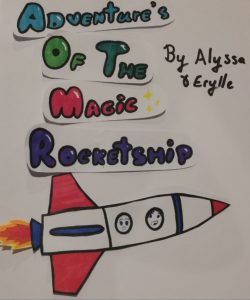
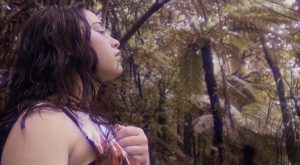
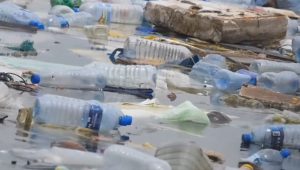
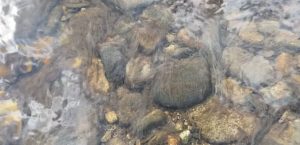
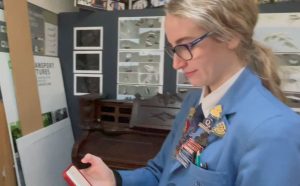
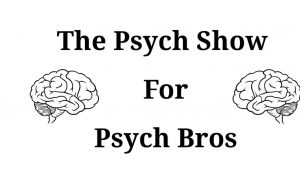
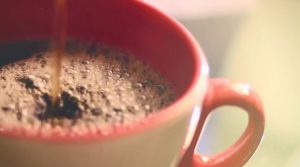
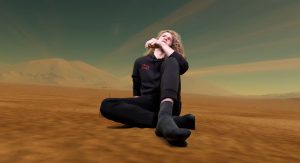



Recent Comments